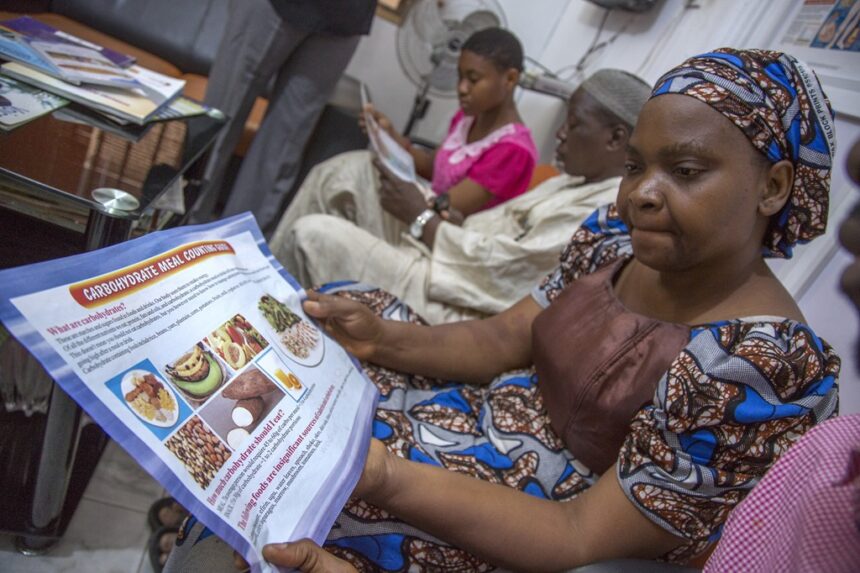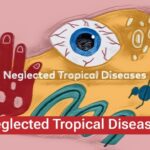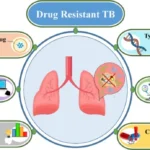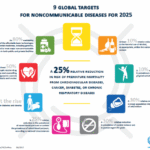GLOBAL HEALTH – A staggering 43 million people succumbed to noncommunicable diseases (NCDs) in 2021, representing a massive 75% of all deaths globally not related to the pandemic, according to the latest data. This silent epidemic, encompassing conditions like heart disease, stroke, cancer, diabetes, and chronic lung disease, continues to be a leading cause of mortality worldwide.
The impact of NCDs is particularly devastating in low- and middle-income countries, where a disproportionate 73% of all NCD-related deaths occur. Furthermore, these regions account for a shocking 82% of the 18 million premature deaths – those occurring before the age of 70 – attributed to NCDs in 2021. This highlights the urgent need for targeted interventions in these areas to prevent these preventable losses of life and productivity.
Among the various NCDs, cardiovascular diseases remain the biggest killer, claiming at least 19 million lives in 2021. Cancers followed with 10 million deaths, while chronic respiratory diseases accounted for 4 million, and diabetes, including kidney disease deaths caused by diabetes, contributed to over 2 million fatalities. Alarmingly, these four disease groups are responsible for 80% of all premature deaths from NCDs.
The rise of NCDs is closely linked to five major modifiable risk factors: tobacco use, physical inactivity, the harmful use of alcohol, unhealthy diets, and air pollution. Addressing these risk factors through public health initiatives and policy changes is crucial in curbing the NCD epidemic.
The World Health Organization (WHO) emphasizes that the detection, screening, and treatment of NCDs, alongside the provision of palliative care, are essential components of a comprehensive response. The socioeconomic consequences of NCDs are immense, threatening to overwhelm healthcare systems and hindering development progress. Therefore, the prevention and control of these diseases represent a major global health imperative for the 21st century.
While NCDs are often associated with older age, the reality is that people of all ages, regions, and countries are vulnerable. Worryingly, 18 million NCD-related deaths occur before the age of 70, surpassing all other causes of death in this age group combined. Children, adults, and the elderly are all susceptible to the underlying risk factors.
Unhealthy lifestyles, characterized by poor diets and a lack of physical activity, often manifest as metabolic risk factors such as raised blood pressure, increased blood glucose, elevated blood lipids, and obesity. These, in turn, significantly increase the risk of developing cardiovascular disease, the leading cause of premature NCD-related deaths globally. Urgent and coordinated action is needed at all levels – individual, community, national, and international – to combat this growing health crisis.
















